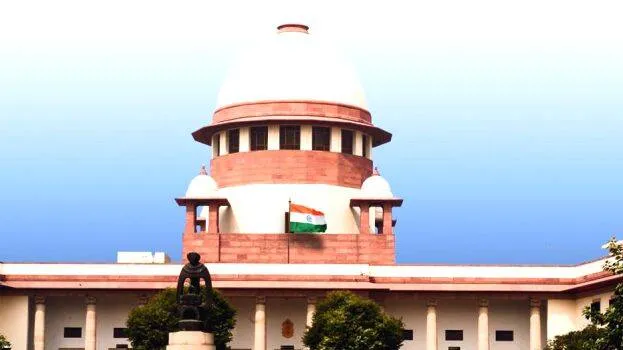

The Supreme Court's monumental ruling on Tuesday, against the Governors' sitting on crucial bills indefinitely, applies not just to Tamil Nadu. In matters that are not clear in the Constitution, the authorities should give importance to the general will of the people and make decisions. Apart from that, it is unbecoming of them to misuse the lack of clarity in the Constitution for political brownies.
It is expected of the Governor to expedite the passage of bills cleared by the assembly. The constitution not mentioning a specific time limit for the passage of bills doesn’t mean that the Governor could delay it with impunity. This total lack of comportment from Governors would give a precedent for future parties at the centre to emulate the same, only resulting in things going south further.
Eminent scholars who framed the Constitution failed to foresee such a political rigmarole. They probably didn't think it would be turned into a weapon to subvert democracy.
The timing for making decisions on the bills was not set, probably on the understanding that those who become governors will prioritize the will of the people and the high values of democracy. However, this lack of clarity has been used as an opportunity by some governors, though not all, to hold the state government to a line. With this crucial verdict, the Supreme Court has put everything to bay. From now on, the Governor cannot keep bills passed by the Assembly in the Raj Bhavan for more than three months.
The Supreme Court's verdict declared Tamil Nadu Governor R.N. Ravi's action in holding up ten bills as illegal. The Supreme Court has also issued an unusual warning that the actions of governors who do not adhere to the timeline will be subject to court scrutiny.
SC made it clear that bills delayed by the Governor of Tamil Nadu will be deemed approved, and any action taken by the President on them will not be valid. The bench of Justices J.B. Pardiwala and R. Mahadevan delivered the verdict on a petition filed by the state government against Tamil Nadu Governor R.N. Ravi's action in delaying decisions on ten bills since January 2020. Senior advocate K.K. Venugopal, representing Kerala, has requested the Chief Justice transfer their petition to the bench that delivered the judgment in the Tamil Nadu case.
The Governor carries the power to send back a bill passed by the Assembly following disagreement. The law requires the Governor to give his assent if the bill is passed again in the assembly. The Supreme Court finally broke the silence over the 'ego clash' between the Governor and the state government that has been doing the rounds for a few years.
The Supreme Court has delivered this judgment, adhering to the principle that sovereignty belongs to the people. Arguably, this has the potential to be considered as one of the best judgments in history from India's apex court.